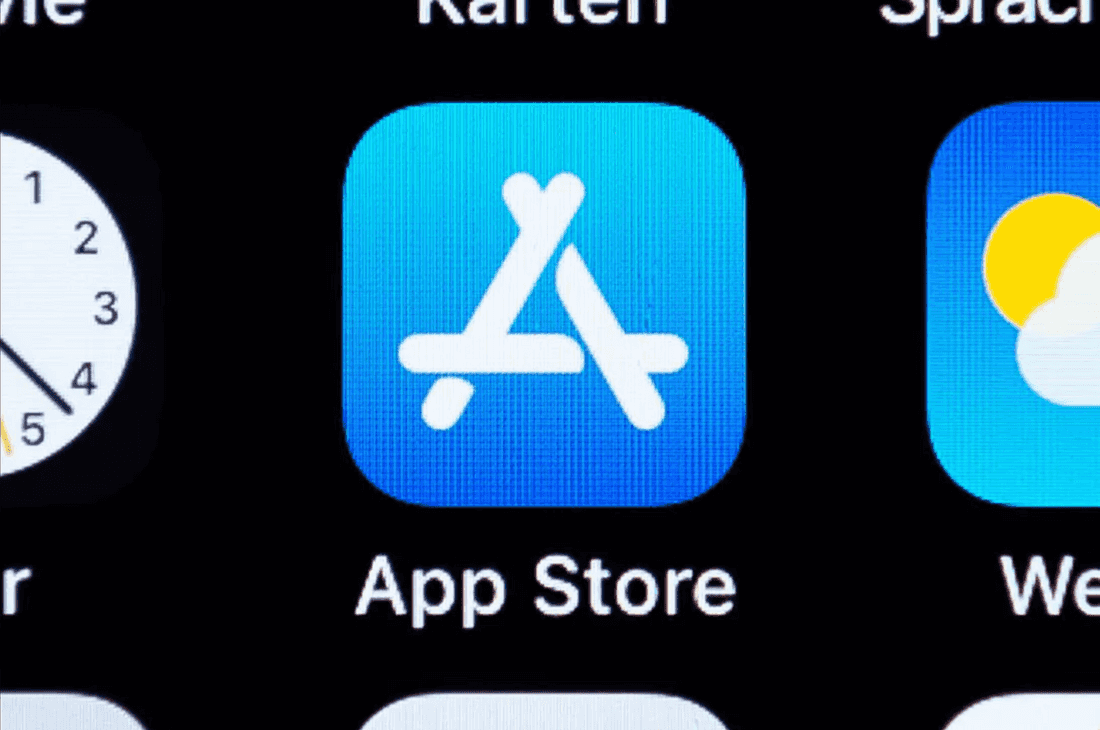Over 21,000 iOS games to be pulled in China, costing Apple $879 million annually

Starting July 1, Apple will begin losing up to $879 million of yearly revenue as it removes over 21,000 games from the Apple App Store China that are paid or contain in-app purchases, shutting developers out of an $8.8 billion market.
Apple would not comment to us for this story. However, developers have confirmed Apple began notifying them last week that their unlicensed games will be pulled from the store, confirming fears that had been brewing since March when Apple first announced it would begin enforcing the game license requirement by July 1.

This move will have a severe impact on small and medium-sized game developers, the vast majority of which don’t yet have a Chinese game license for each of their games. These developers will suddenly lose all revenue from what is typically their second-largest market after the US.
These companies now face two options:
- Switch to an ad-only revenue model for their game in China
- Partner with a Chinese game publisher and wait 8 to 12 months to obtain a game license
“We’ve already seen a 300% surge in inquiries for our game license services over the past week,” said Rich Bishop, CEO of AppInChina. “I expect this number to increase dramatically when Apple begins removing games next month.”
Overseas publishers are especially disadvantaged, as non-Chinese companies and individuals are unable to apply for a China game license on their own.
Since 2016, Chinese law has required paid games and games with in-app purchases to have a game license in order to be published in China. Though the law technically states that all games must receive a license, free games and those monetizing only through ads currently seem to be allowed to publish without one.
Apple’s sudden announcement in March that it would begin enforcement of China’s licensing requirement took the industry by surprise. Previously, a well-known loophole in Apple’s App Store submission process asked for a publishers’ game license number, but the validity of those numbers because any number entered would work.
AppInChina helps foreign companies localize, publish and promote their mobile apps and games in the Chinese market through the Apple App Store, Steam, and the major Android app stores.